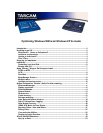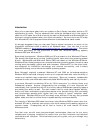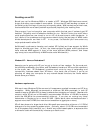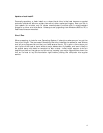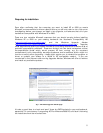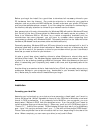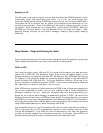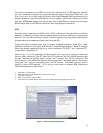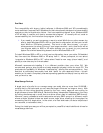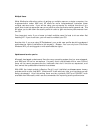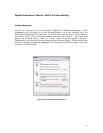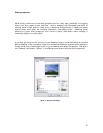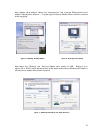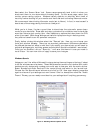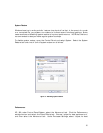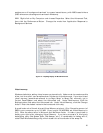
2
Introduction
Many of our users have asked us for an update on Dave Casey’s excellent article on PC
optimization for audio. They’ve observed that, while the hardware info in the article is
useful for all PC users, the article is heavily focused on Windows 98 and Windows ME, the
dominant operating systems when the article was written. As more and more PC’s ship
with Windows XP, we’ve prepared this addendum to address those users’ needs.
It’s strongly suggested that you also read Dave’s original document, as much of the
information contained within is useful to all Windows users. (You can find it on the
TASCAM website at www.tascam.com/support/faq/pc_optimize/index.php
) This article
will focus specifically on the particulars of these two Windows operating systems,
Windows 2000 and Windows XP.
Some basic background: Windows 2000 and XP are based on the Windows NT kernel.
(The kernel is the basic set of coding “building blocks” upon which the operating system
is built.) Windows 98 and Millennium Edition (ME) are based on the Windows 95 kernel.
Windows 95 had its beginnings as a consumer-oriented operating system, aimed at users
running word processing, games and web browsers. Windows NT, on the other hand,
was designed for information technology and network connectivity, and is widely
regarded as being a more robust and stable operating system.
Since Microsoft originally marketed Windows NT and 2000 as its business solutions,
Windows 2000’s user base is largely made up of corporate users who value its ability to
create and maintain large networks of computers. There are, however, considerable
numbers of audio and multimedia users who praise Win2K’s stability and use it by choice.
In contrast, Microsoft is marketing XP as its “OS for everyone” by offering Home and
Professional versions. Anyone contemplating the purchase of a new computer will
undoubtedly find it preloaded with XP, and many users of W98-based operating systems
are making the switch as well. The main reason cited by most users is system stability:
Audio and other multimedia applications require more precise timing, with processing
and input/output speeds much higher than the needs of typical computer users’
applications. Windows 2000 and XP are simply more efficient in the way they process
system tasks, and that’s a critical factor in system stability and dependability.
The majority of Windows 2000 users have been using Windows 2000 for some time now,
whereas XP is still a relatively new player, with more users actively seeking solutions to
common issues. Consequently we’ve tired to focus a bit more toward XP where
differences exist.
One final note: as with most computer-based technologies, there are far too many
variables and changing conditions to predict how your own hardware and software
combinations will compare. This is intended purely as a guide, and your mileage may
indeed vary.



